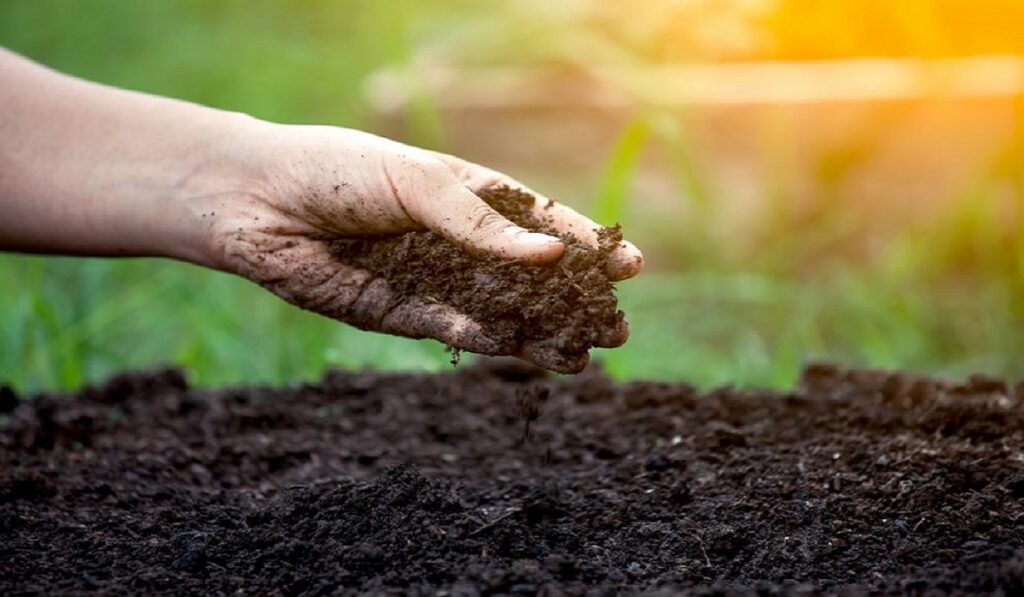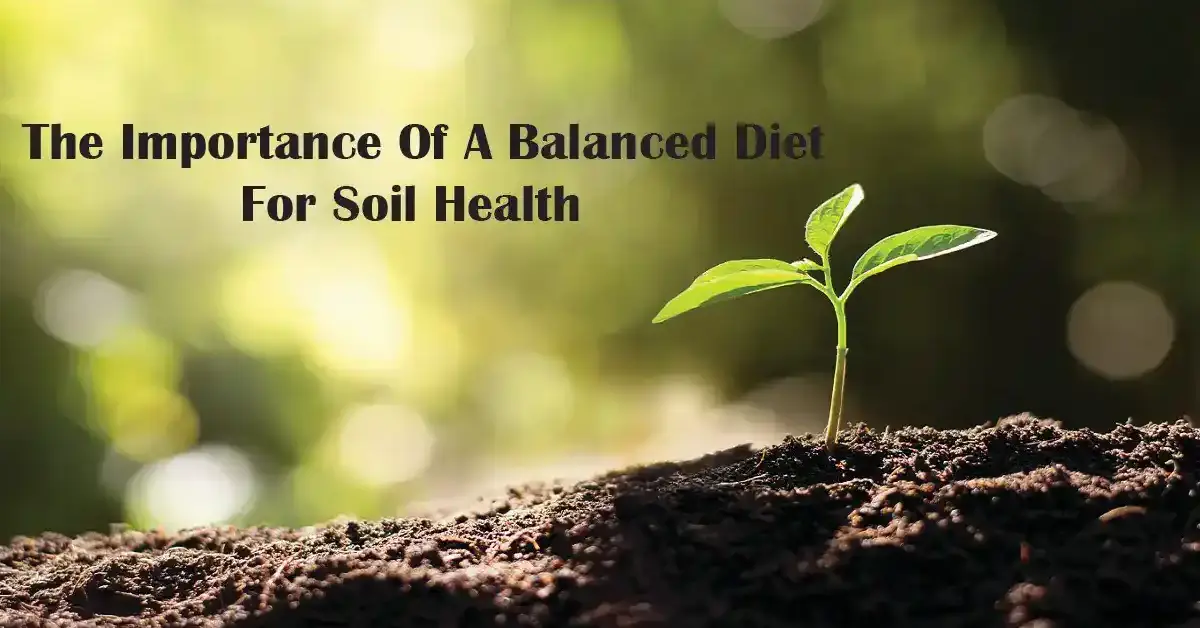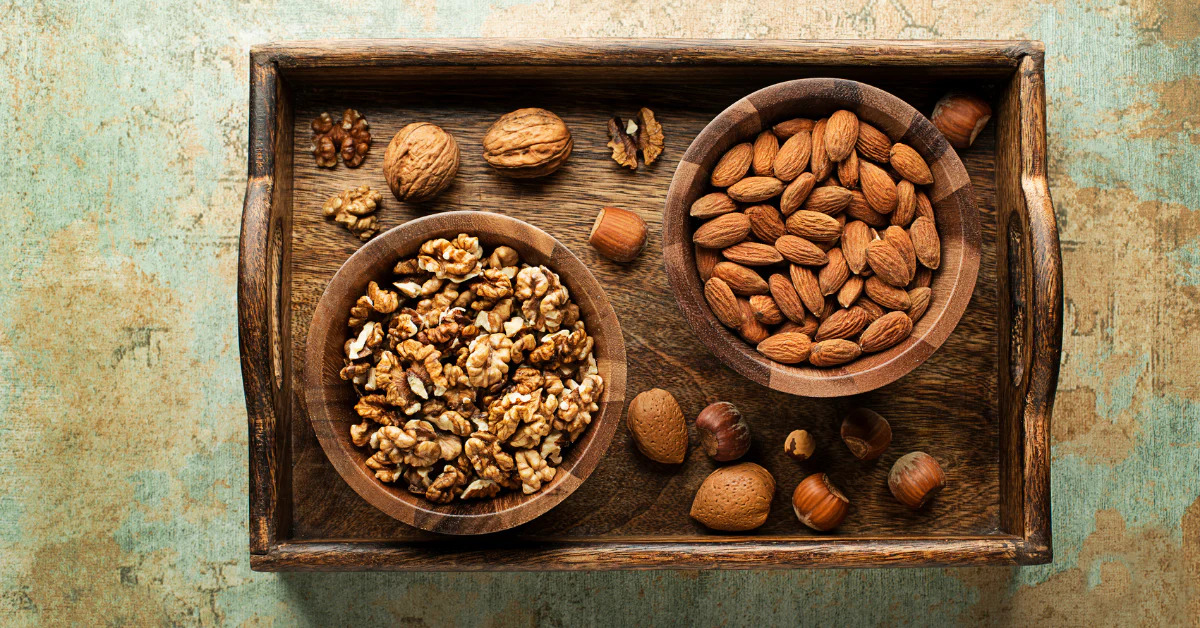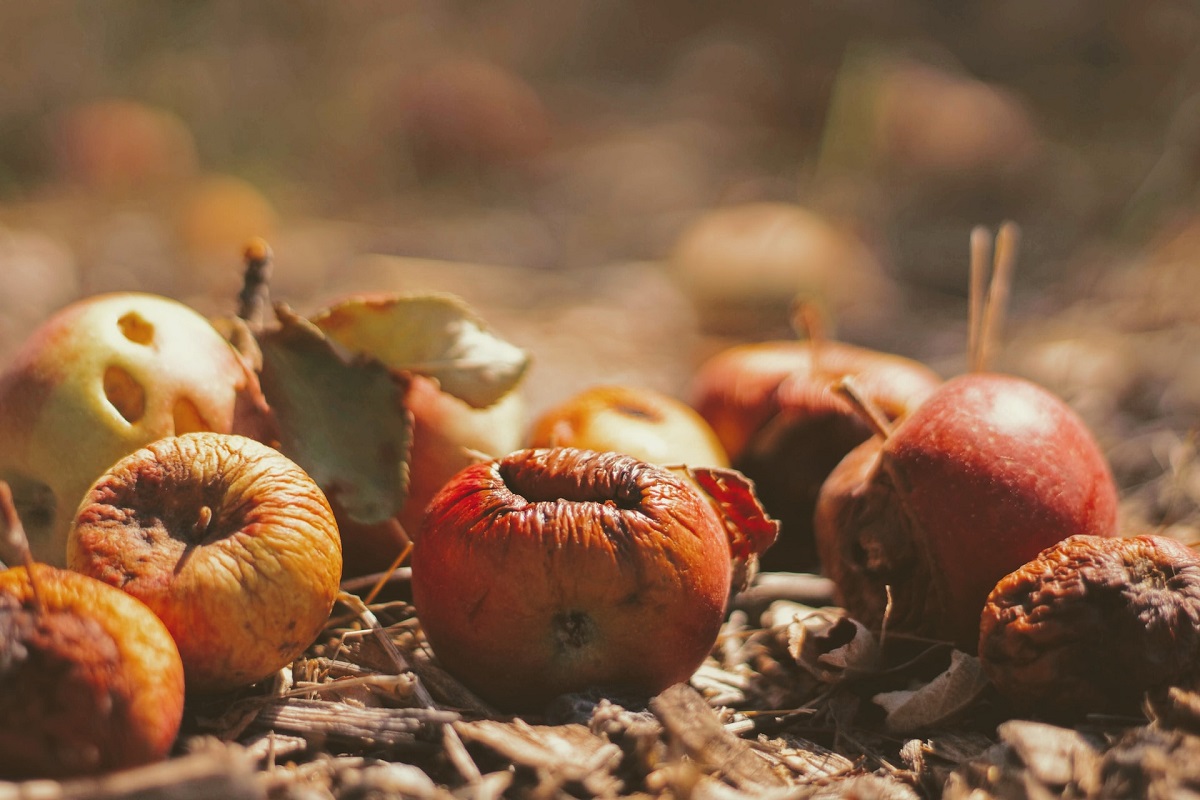The Importance of a Balanced Diet for Soil Health | Tech Foodie
The soil is a living, breathing entity that sustains life on Earth. Just like humans require a balanced diet to stay healthy, the soil health also needs a diverse array of nutrients to support the growth and thriving of plants and organisms.
A balanced diet for the soil ensures that it remains fertile, resilient, and capable of providing essential nutrients to the plants that rely on it. In this article, we will explore the significance of a balanced diet for soil health, the essential nutrients it requires, and sustainable practices to maintain soil fertility.
What is Soil Health - Overview:

Soil health refers to the capacity of the soil to function as a living ecosystem, supporting plant growth and contributing to overall environmental well-being. Healthy soil is teeming with diverse microorganisms, such as bacteria, fungi, and earthworms, which play crucial roles in nutrient cycling, organic matter decomposition, and pest control. When soil is well-nourished, it promotes vigorous plant growth, sequesters carbon, and prevents erosion, among other vital ecosystem services.
Components of a Balanced Diet for Soil Health
1. Organic Matter
Organic matter serves as the foundation of a balanced diet for soil. It includes decaying plant and animal materials, such as leaves, roots, and compost. Organic matter improves soil structure, water retention, and aeration. Additionally, it provides a food source for beneficial microorganisms, fostering a healthy soil microbial community.
2. Macronutrients
Just like humans require macronutrients (carbohydrates, proteins, and fats) for proper growth and development, plants also need essential macronutrients for healthy growth. The primary macronutrients for plants are nitrogen, phosphorus, and potassium. Nitrogen promotes leafy, green growth, phosphorus supports root development, and potassium enhances plant health and disease resistance.
3. Micronutrients
Micronutrients are essential elements that plants require in smaller quantities. These include iron, zinc, copper, manganese, and boron, among others. Although they are needed in minute amounts, they are critical for enzyme function, photosynthesis, and various biochemical processes in plants.
4. pH Balance
Maintaining the right pH level is crucial for soil health. Most plants prefer a slightly acidic to neutral pH range (around 6.0 to 7.0), as this allows for optimal nutrient availability. Extreme pH levels can hinder nutrient uptake, leading to deficiencies and poor plant growth.
Sustainable Practices to Improve Soil Health
1. Crop Rotation
Crop rotation involves growing crops in a specific sequence on the same land. This practice helps prevent the depletion of particular nutrients in the soil, reduces pest and disease buildup, and improves overall soil fertility.
2. Cover Cropping
Planting cover crops, such as legumes, grasses, or other suitable species, during fallow periods or between main crops helps protect the soil from erosion, adds organic matter when tilled back into the ground, and fixes nitrogen through symbiotic relationships with beneficial bacteria.
3. Mulching
Applying organic mulch, like straw, wood chips, or compost, on the soil surface helps retain moisture, moderates soil temperature, and suppresses weed growth. As the mulch breaks down, it enriches the soil with organic matter and nutrients.
4. Composting
Composting kitchen scraps, yard waste, and other biodegradable materials provides an excellent source of nutrient-rich organic matter for the soil. Compost improves soil structure and supports beneficial microbial activity.
5. Reduced Tillage
Excessive tillage can disrupt the soil structure and lead to erosion. Adopting reduced tillage or no-till practices helps retain soil moisture, enhances organic matter retention, and minimizes soil disturbance.
Conclusion
A balanced diet for soil health is essential to ensure the long-term health and fertility of the Earth’s most precious resource. Just as a diverse and nutritious diet is vital for human health, providing the soil with the right mix of organic matter, macronutrients, and micronutrients, and maintaining the appropriate pH level is crucial for the health of our plants, ecosystems, and planet as a whole. By employing sustainable practices and understanding the intricate needs of the soil, we can ensure that it continues to sustain life for generations to come.
Read More: WHAT IS THE BIODIVERSITY IN RAINFORESTS



